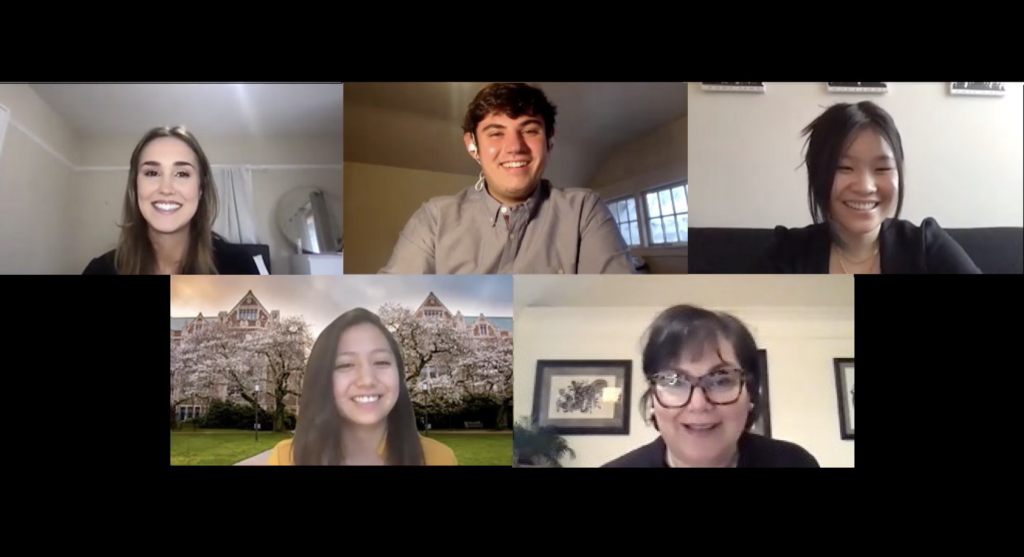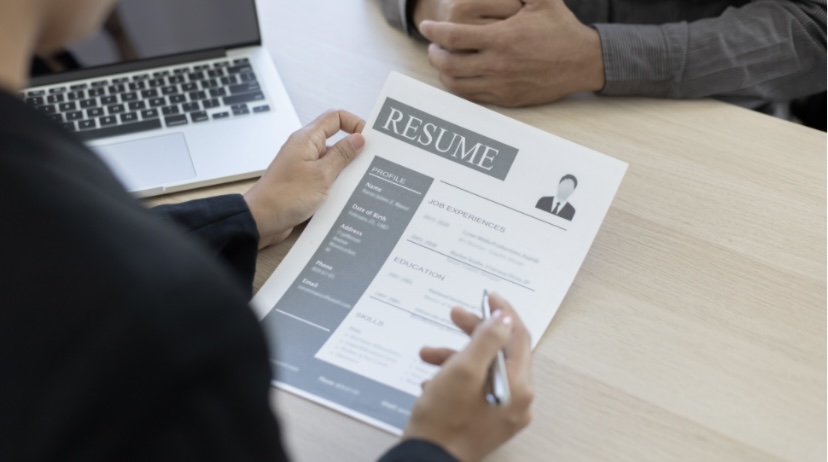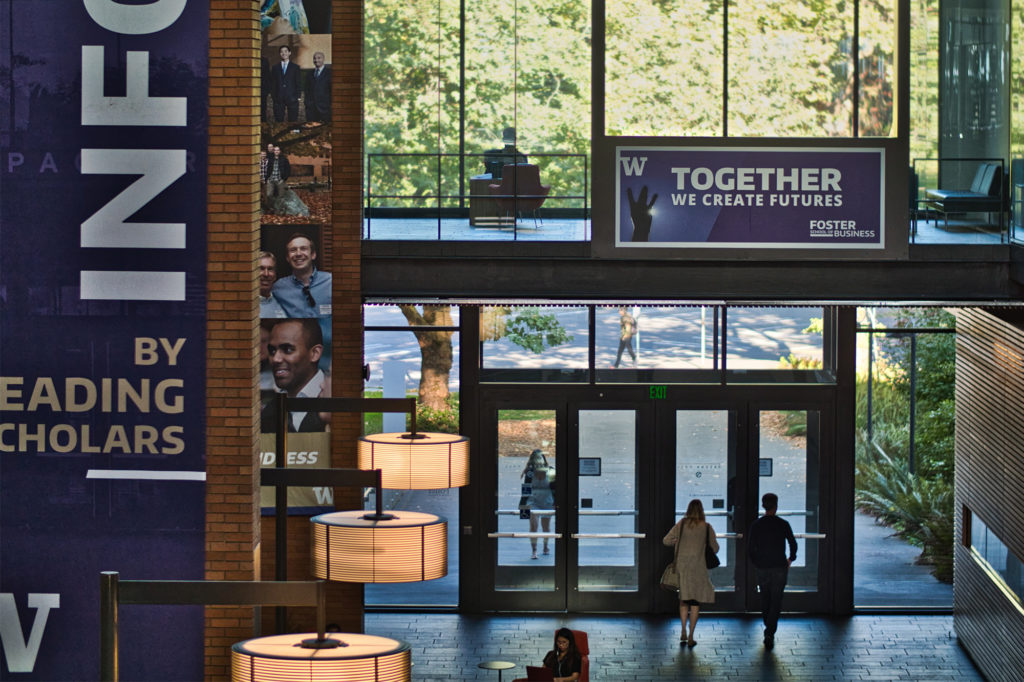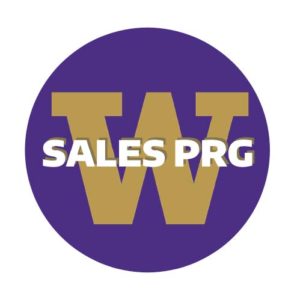Interview Preparation is Interview Success
Here’s the How-To

Suzanne was adamant that preparation and success are essentially synonymous. As a long time Recruiter and the former Head of Talent at Highspot, Suzanne Salzberg has experienced what makes or breaks an interview. This conversation gave us ideas on how to execute best practices during the interview process.
She told us to think about interview preparation like this, “Know how you studied hours and hours to take your ACT to get into college? Well now you are in college trying to get a job, why wouldn’t you prepare like you did to get into college for the culminating goal of your education — getting a job?”
What is one critical habit all successful candidates have throughout the interview process?
I would say that habit is preparation. Much like you would prepare for an exam, you don’t go into an exam without studying right? And so, when I say prepare — I mean hours of time.

“An interviewer can immediately tell if you are well prepared.”
Throughout life, if you go to a meeting or have a presentation and do not prepare it will not go well. If you have a game or match and do not prepare, you are not going to do well. An interviewer can immediately tell if you are well prepared. The worst thing is when you are asked to tell the interviewer about yourself and respond by saying ‘hmmmm that’s a tough question’ and cannot come up with an answer. That shouldn’t be a tough question — the only thing you are an expert on at this stage in your life is you. If you cannot sell me you, how are you going to sell my product after three months of training?”
Tell me about yourself. This deceptively simple question is one of the most important questions. What suggestions do you have to successfully tackle this question?
“The question ‘tell me about yourself’ shows up in most interviews. What they are really asking is to sell me you. Since a major rule in sales is you never sell someone something before you know what they want, a great way to start is to say, ‘I would love to, where would you like me to start?’ This puts the onus on the interviewer to focus on what they would like to hear about. If they are a good interviewer, they will say ‘whatever you would like’ and turn it back to you. One of my biggest pet peeves is when a candidate just reiterates their resume. I have your resume right in front of me and already know your name and your school. I not only want to know what you have done, but why you chose to do it and what you learned from it. For example, if you did not learn anything from being president of your sorority or club, it does not have an impact on me.”

“I not only want to know what you have done, but why you chose to do it and what you learned from it.”
We all know that the opportunity to ask questions at the end is critical and should not be wasted. What can we do to make these impactful?
“The questions you ask at the end of the interview are almost as important as the questions the interviewer asks you. If you can find an answer on the company’s website, you should not be asking the question. Asking, ‘What is a typical day?’, is not a great question because in most roles there is no such thing as a typical day.
Use LinkedIn to research both the company and the interviewer ahead of time and the company’s website to come up with some really great questions. For example, ‘Since you have been here for four years, and obviously successful, in your opinion what makes a person successful here?’
Ending the interview with a question about next steps is crucial. Find out if the interviewer has any concerns or if they have any other questions for you. It’s like closing a sale, and if the interviewer has concerns, this is your chance to overcome them. Respond by acknowledging the interviewer’s feedback and ask for the chance to resolve those concerns or hesitations.”
What are some signs that the interview may not be going well or as you had hoped, and if it isn’t going well how can you bring the interview back on track?
“It’s really important to watch for non-verbal cues. For example, if you notice the interviewer isn’t smiling or quickly moving onto the next question with little acknowledgment. If the interviewer has only asked you a couple of questions and then says, ‘Do you have any questions for me?’ you need to do something different.

“I don’t really love the way I answered that question. Can I try again?’ The interviewer should say yes.”
A great way to move forward at this point in the interview is to ask something like, ‘Is it alright if I tell you about this great experience I had?’. The interviewer will most likely be impressed that you took control of the conversation and were aware enough to know that the interview wasn’t going well. If things really aren’t going well, and you feel that you have nothing to lose you could say, ‘I’m sensing this interview is not going the way I intended, what can I do better?’ Because you were honest, self-aware, and willing to listen to the feedback — that in itself is a selling point.”
Building off that theme of overcoming objections or concerns in an interview, how do you go about salvaging an interview in real-time if you know you made a mistake?
“First of all, it’s okay. Everybody’s human. If there is one question that you thought did not go well, then you could say, ‘I don’t really love the way I answered that question. Can I try again?’ The interviewer should say yes. One of the biggest things right now, in looking at candidates—is evaluating if the candidate is self-aware. It’s okay to just pause and say, ‘Can I start that over again?’. Then make sure when you start over again — you finish by saying, ‘Did that answer your question?’”
How can candidates stay positive during the interview process when there is so much uncertainty and rejection?
“It is similar to when you are making sales calls and continually getting rejected… you can’t take it personally. You can only control what you can control, such as interview preparation and follow up. Similar to when you take a test and you have that feeling, ‘I did the best I possibly could,’ then you really cannot take it personally because you did all you could do or look at how to improve next time.”
What suggestions do you have for students that are applying for multiple roles and dealing with competing timelines?
“I would say that when candidates are not truthful, that is a problem during the interview process. It’s okay to tell interviewers who else you are interviewing with and their timelines, because if you are one of my top candidates, I need to know how fast I have to move so I do not lose out on you. It’s also a good idea to ask in your interview ‘If I don’t hear from you by X date, is it okay if I follow up with you?’ That’s a great way to find out how the interviewer would like you to handle follow up in these kinds of situations.”

“You can’t take it personally. You can only control what you can control.”
How do you balance storytelling and building a narrative with being direct and results-oriented in your answers?
“The first thing you need to do is–answer the question in one sentence. Then explain why it may have been difficult or important in your development. Next touch on how you went about tackling this scenario, and finally finish with the outcome and what you learned from it. This is so important because I need to know which skills you have and don’t have so we know how we will need to train you. Your goal should be to hit all four of those steps but do it in a storytelling way… and the only way that happens is by preparation.”
Suzanne shared towards the end of our conversation that she has seen almost anything you can imagine play out in an interview, despite this sometimes she is still wowed by something a candidate may say. She suggested that where she has been most impressed is when someone asks a question she has not heard before.
This idea really speaks to the general themes Suzanne threaded throughout our conversation: be prepared and be genuine. Interviewers want you to be the candidate you are on your resume, so show-up ready to thoughtfully connect your experiences on paper to the learning experiences you’ve had in real life, show up with genuine questions that you have spent time formulating and ensuring cannot be answered elsewhere, and most importantly listen deeply and actively.
Guest post by Ann Thompson, Ashley Tan, Kate Miller, and Kellen Foster.

